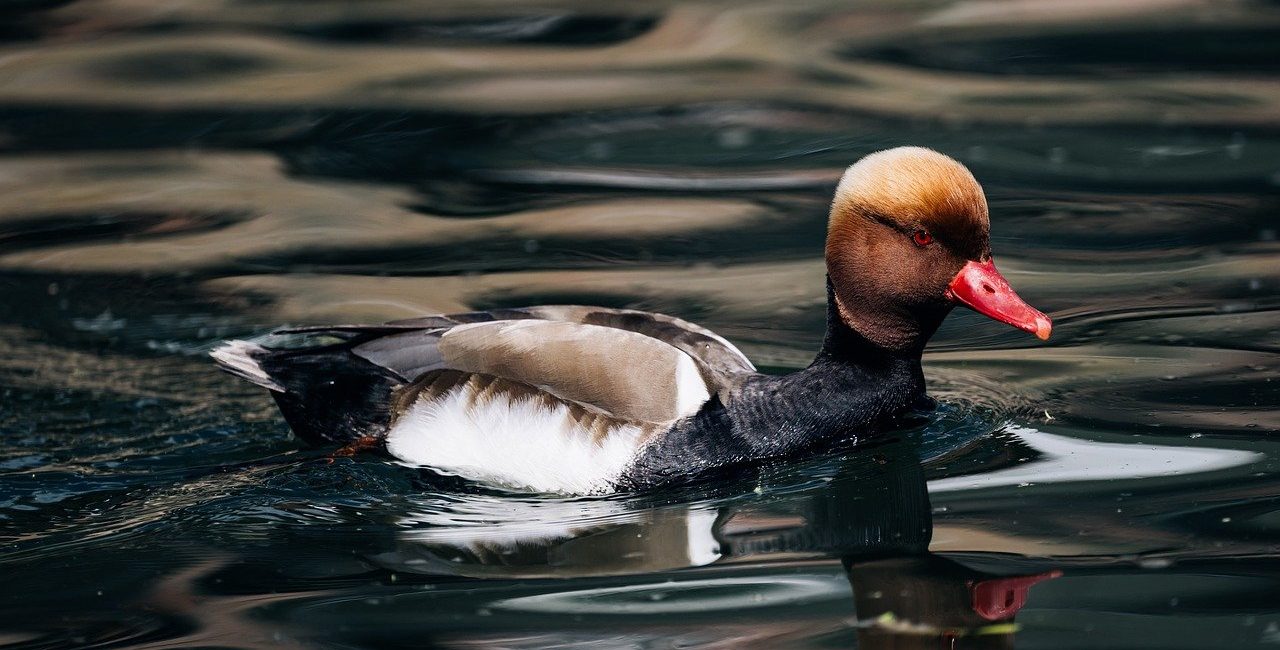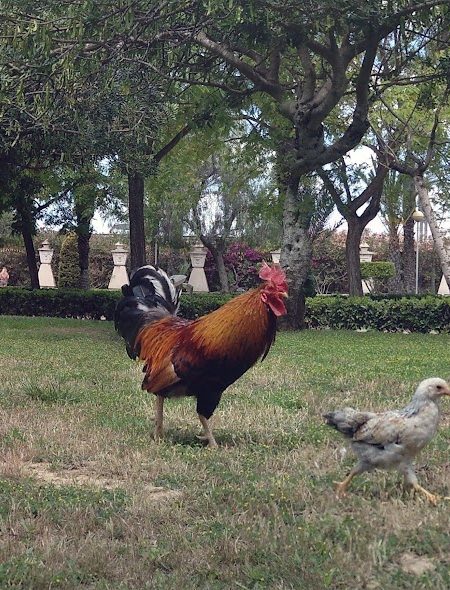The Ministry of the Environment has changed the present hunting plans for duck hunting reserves in southern Alicante’s wetlands, removing the option to hunt after sunset. With this decision, shared with the environmental group Friends of the Wetlands of Southern Alicante (AHSA) this week, the regional government is following the order from the High Court of Justice of the Valencian Community (TSJCV), which cancelled the approval of 14 hunting management plans for the waterfowl hunting reserves in southern Alicante that the group challenged in April 2023.
The ruling, issued in December, determined that the authorisation to hunt waterfowl after sunset in wetlands within Protected Natural Areas that are habitats for the Marbled Teal violates the species’ protection regime, which is based on national, European, and international regulations. In this decision, the TSJCV (High Court of Justice of the Basque Country) recognised AHSA’s claim that nighthunting is a “non-selective” hunting practice because visibility conditions make it impossible to discern the duck species being targeted. The court invalidated the contentious hunting plans, but did not explicitly prohibit night hunting, as demanded by the environmental group in its case. In its appeal, the environmental group based its legal case on scientific research that found that up to half of the Marbled Teal released each year may be shot in the marshes of southern Alicante.
In its message, the Department of Environment tells AHSA that once the court’s decision is final and after checking with its legal team, it plans to change the affected PTOCs, “which will remove the chance of hunting after civil evening twilight that was initially allowed.” Environmentalists applaud the adopted measure, which comes after a few months of uncertainty, during which several news items appeared in the press about alleged agreements between the Generalitat Valenciana and hunters to modify hunting plans, reducing the authorised night hunting time in an attempt to avoid the sentence.
The AHSA believes that the ban on night hunting is very good news for the biodiversity of South Alicante’s wetlands, particularly the Marbled Teal, and that this species is in a very vulnerable situation, with its meagre population maintained by periodic releases of captive-bred specimens. Similarly, Friends of the Wetlands notes that the Marbled Teal Life experiment finishes this year, and that while strong breeding figures attained nationwide in 2024, the results in Valencia were very dismal, with just 23 couples, despite hundreds of birds released in southern Alicante. This evidence demonstrates the need to continue working to recover this iconic species.









No Comment! Be the first one.